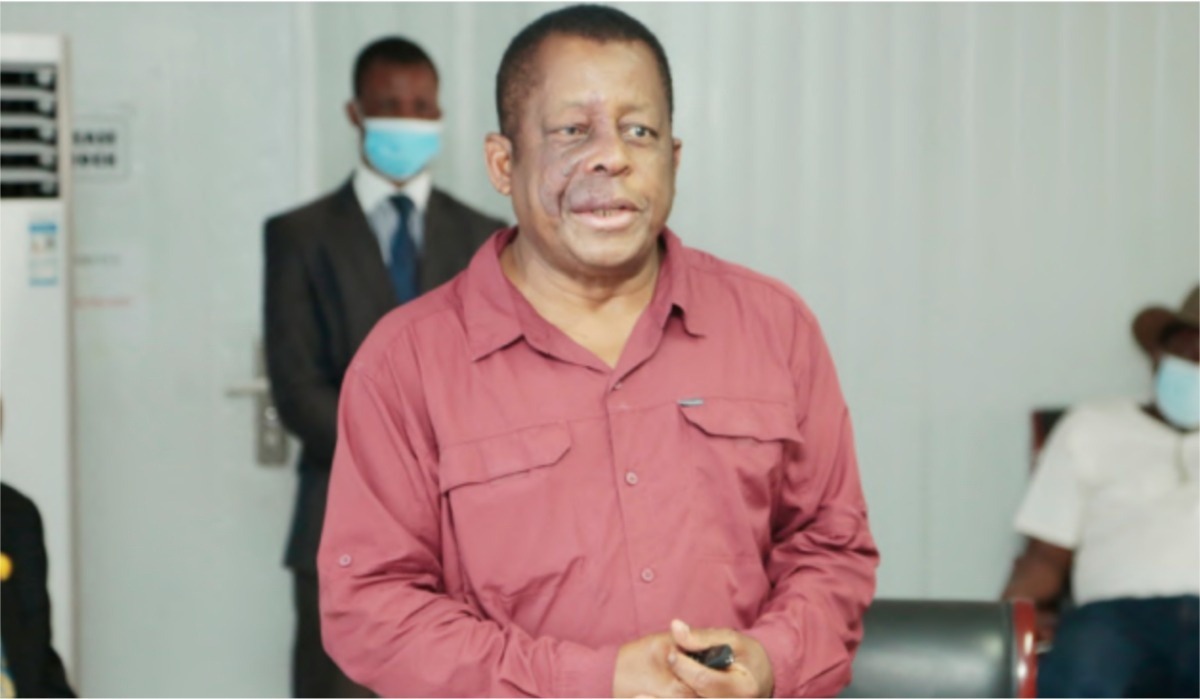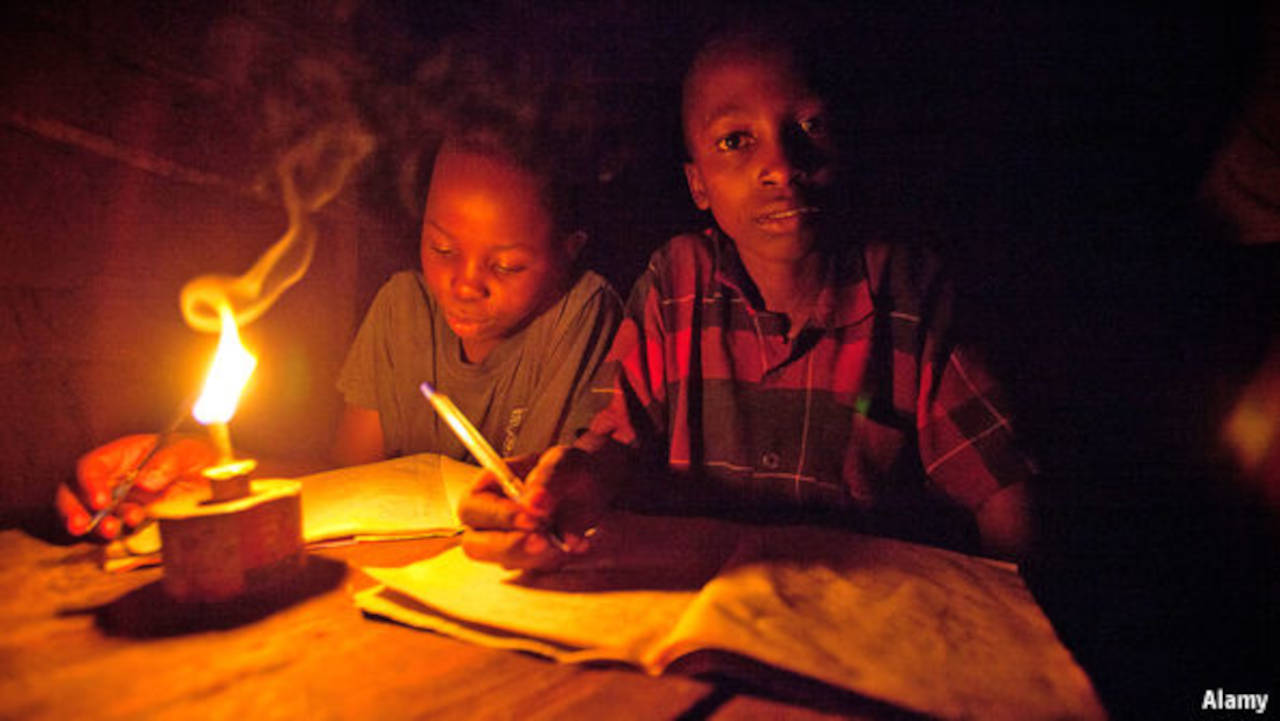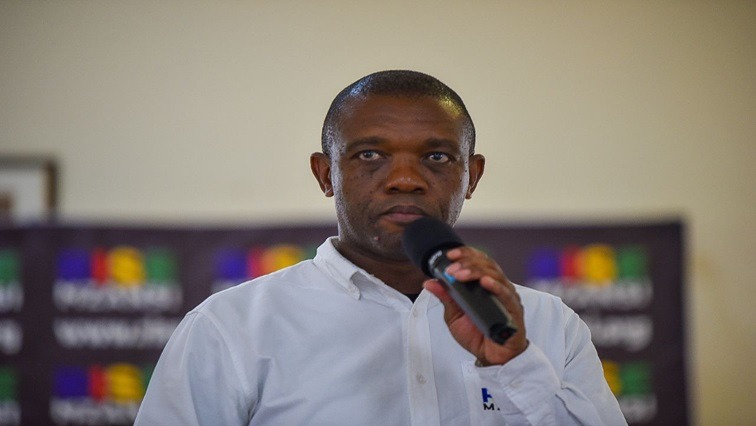Load Shedding to Be History by 2030, Says ZESA Chief
The Zimbabwe Electricity Supply Authority (ZESA) has unveiled ambitious plans to end the country’s power shortages and load shedding by 2030. With projects generating 3,000MW currently underway, ZESA says it aims to provide universal access to electricity and eliminate load shedding altogether.
Speaking at the inaugural Zimbabwe-Zambia Energy Projects Summit in Victoria Falls, ZESA executive chairman Dr Sydney Gata highlighted the utility’s roadmap aligned with Vision 2030.
“We have positioned ourselves to rectify all connection backlogs and end load shedding by next year. Universal access to electricity and data will be achieved by 2030,” said Dr Gata.
Massive Energy Projects Underway
The Chronicle reports that ZESA has partnered with Captive Power Projects, Independent Power Producers, and Public-Private Partnerships to ensure the success of its initiatives. Dr Gata shared updates on several key projects:
- The Zhong Jin Heli project, expected to produce 300MW in Hwange, began in November and will be completed by March next year.
- The Titan Project, a 720MW coal-fired plant also in Hwange, will deliver power by December next year.
- A 100MW coalfield project in Beitbridge and the 200MW Jinan solar project in Gweru are set to come online by December 2024.
In total, these projects are part of a broader $787 million transmission initiative tied to Vision 2030. This electrification roadmap will connect over 2.4 million households, including 1.7 million solar home systems, 527,000 grid connections, and nearly 5,000 microgrids.
Dr Gata underscored the importance of addressing risks to ensure success. “Investment risks, particularly capacity, currency, and implementation risks, must be mitigated. While Zimbabwe adopted a cost-reflective tariff in 2020, currency guarantees remain pending,” he noted.

Regional Collaboration and Challenges
The summit also highlighted the shared challenges faced by Zimbabwe and neighbouring Zambia, both grappling with electricity shortages. Dr Gata pointed to the potential of regional integration to address these issues but acknowledged hurdles such as currency and regulatory risks.
The Batoka Gorge Hydro Electric Project, a significant bi-national initiative, exemplifies these challenges. Dr Gata explained that this project faces multiple risks, including investment, revenue generation, hydrological stability, and legal enforcement. “Special laws supporting energy sector investment are crucial for regional integration,” he urged.
Meanwhile, other innovative projects are in the pipeline. These include floating solar panels on Kariba Dam, wind energy plants, and new partnerships for coal and solar power generation. Dr Gata revealed, “We have 1,020MW of projects awaiting ground-breaking and 450MW pending approval.”
Vision 2030: A Path to Energy Independence
ZESA’s broader strategy includes ending power imports by 2026, initiating net exports by 2028, and rolling out a public lighting system by 2029. Zimbabweans, who have endured prolonged load shedding, view these developments as a beacon of hope.
“We are optimistic about these projects, but there is still a long way to go,” said a Victoria Falls resident attending the summit. Dr Gata assured attendees, “Our commitment to Vision 2030 is unwavering, and we are determined to deliver sustainable energy solutions.”
With this ambitious roadmap, ZESA is positioning Zimbabwe as a future energy exporter while addressing domestic power needs. However, the success of these plans hinges on navigating complex financial and logistical challenges.
#ZESA #Promises #Load #Shedding #Major #Projects #Underway



